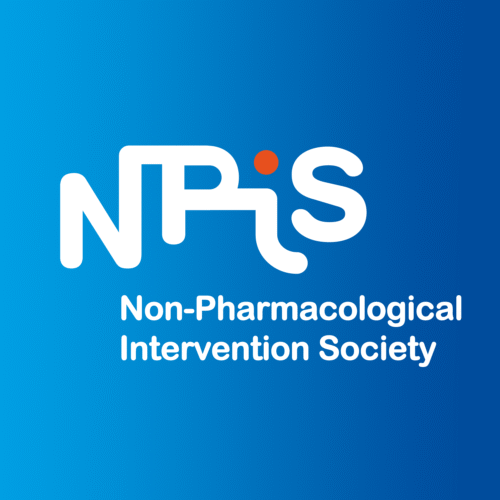Is Europe prepared for another lockdown? A comparative study in four European countries
Jet SANDERS, RIVM & LSE, Nederlands
Introduction: A next pandemic outbreak will most likely require adherence to non-pharmacological interventions (NPIs). Which these will be depends on the type of outbreak. A likely candidate is social distancing and lockdown. Citizens can take several steps to be prepared for a lockdown, but may also assume responsibility for their employer or government. To make a lockdown adherence more likely, we examine citizen’s perspective on lockdown preparedness, to understand possible knowledge (gaps) misconceptions and to support adherence during a future outbreak.
Methods: In March 2024 we examined to what extent citizens in the Netherlands, Spain, Slovenia and Ireland feel prepared for a future lockdown in case of a pandemic outbreak. By quantitative and qualitative measures, we studied what citizens understand preparedness to be. We set this out against their expectations from government and their employer.
Results: One in three persons in Spain, Ireland and The Netherlands considers themselves prepared for a lockdown. In Slovenia this is one in two. Most common reasons for feeling (un)prepared included (a lack of) knowledge or sense of urgency to get one’s home in order (e.g. water, food or hygiene materials), reference to experiences from the COVID-19 pandemic, being able to continue to work in case of a lockdown, financial health, and a sense of mental health (coping with uncertainty). Other important drivers of preparedness such as physical and social health (strong support network) were rarely mentioned.
Discussion: To ensure lockdown adherence during a hot phase, we identify opportunities to integrate NPI readiness into the current (health) policies. We recommend that governments communicate clearly what citizens (relative to government or employers) must do and why this is important. Additionally, that financial stability, healthy housing are improved and that and offer tailored support to strengthen citizen mental health and coping.


